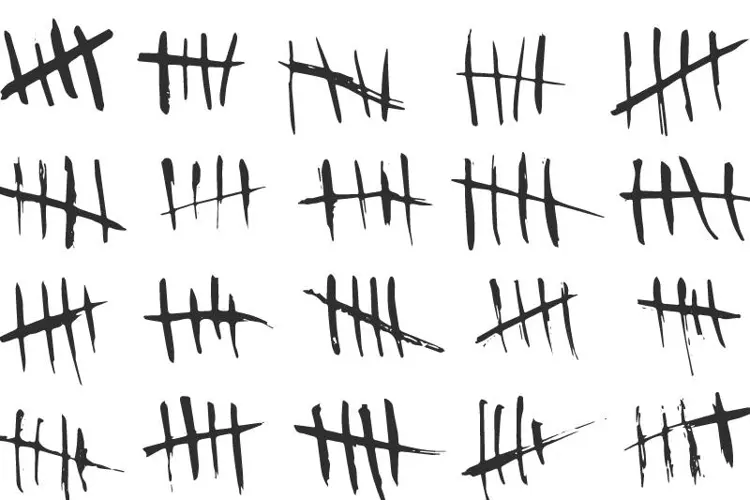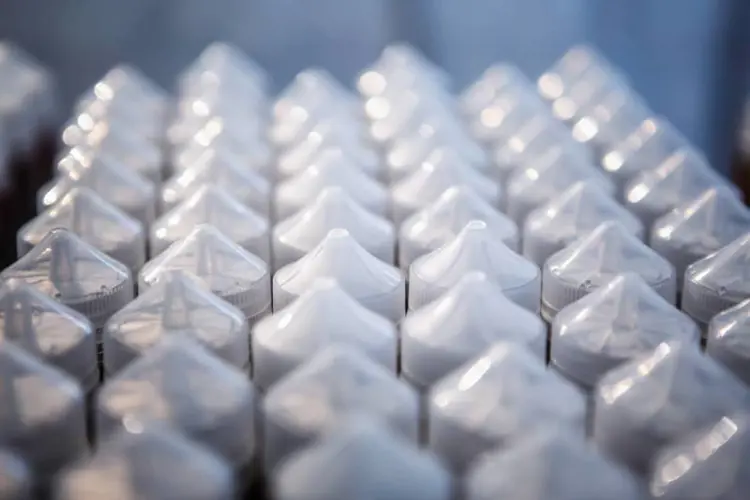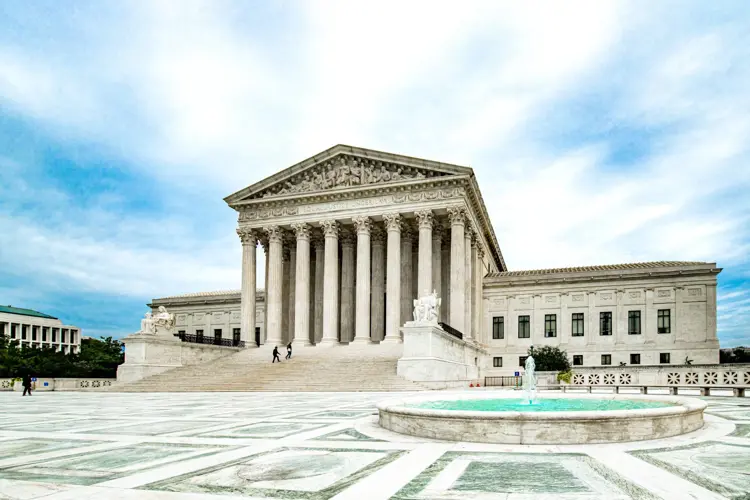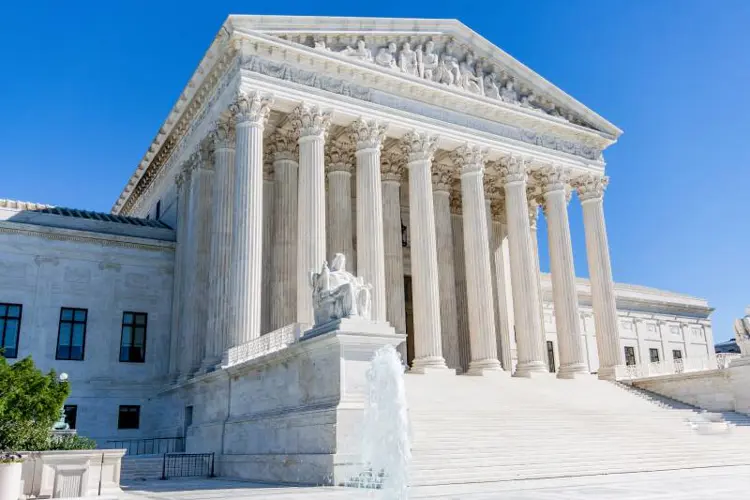A federal court has ordered the FDA to provide status reports on its progress reviewing tens of thousands of remaining Premarket Tobacco Applications (PMTAs). The decision by U.S. District Court Judge Paul Grimm was issued last Friday, April 15.
The revised order from Judge Grimm grants the motion filed last fall by plaintiffs in the American Academy of Pediatrics, et al vs. FDA lawsuit. They asked Grimm to amend his original decision, which set a new deadline for PMTA submissions, to require that the FDA “provide regular status reports to the Court” estimating when the agency expects to complete review of PMTAs from the largest manufacturers.
What must the FDA report, and when?
The revised remedial order mandates that the FDA report the PMTA review status of all vaping products “sold under the brand names Juul, Vuse, NJoy, Logic, Blu, Smok, Suorin or Puff Bar.” It also covers any other product with two percent or more market share (as measured in market reports issued by Nielson, which tracks mass-market sales in outlets like convenience stores and gas stations, but not vape shops and online sellers).
The FDA must issue its first progress report by April 29, and then every 90 days after that. The first report will estimate the percentage of applications by major brands the agency expects to have acted upon by June 22.
C-store vapes ignored by FDA while indie products rejected en masse
Closed-system, pod-based products and recently introduced disposable devices make up the vast majority of the c-store/gas station vaping market—and are the preferred products of adolescent users. The most popular devices, like Juul Labs' JUUL and the Vuse Alto, remain on the market, protected by FDA enforcement discretion.
The FDA has authorized just three vaping products (and their tobacco-flavored refills), all sold by tobacco companies. But all of those devices—the Vuse Solo cigalike, and the Logic Power and Pro products—own less than one percent of the c-store market.
In early 2021, about five months after the Sept. 9, 2020 PMTA submission deadline, the FDA said it would prioritize PMTA decisions based on market share, completing review of applications for the most popular products first.
But that is not what the agency did. Instead, the FDA announced new criteria for authorization—nearly a year after PMTAs had already been submitted—and then issued form-letter MDOs for nearly all flavored products sold by small, independent manufacturers, using the new criteria.
Judge Grimm and the AAP vs. FDA lawsuit
The plaintiffs in the successful lawsuit against the FDA to change the PMTA deadline are the American Academy of Pediatrics (AAP), AAP’s Maryland chapter, American Cancer Society Cancer Action Network, American Heart Association, American Lung Association, Campaign for Tobacco-Free Kids, and Truth Initiative.
AAP and the other plaintiffs sued the FDA in 2018, claiming that the FDA violated the Administrative Procedure Act when the agency, in 2017, changed the PMTA submission deadline from 2018 to 2022 without following the usual notice-and-comment rulemaking process. (The agency later split the deadline to 2021 for non-tobacco flavored products and 2022 for tobacco flavors.)
In May 2019, Judge Grimm ruled for the plaintiffs and struck down the 2021/22 PMTA deadline. Soon after, he set a 10-month deadline (May 11, 2020) to submit PMTAs. (The deadline was later delayed because of coronavirus, and the final deadline became Sept. 9. 2021.) The vaping industry challenged the new deadline in court, but lost.
Last November, AAP and the other plaintiffs asked Judge Grimm to modify his original order to require progress reports from the FDA.
The Freemax REXA PRO and REXA SMART are highly advanced pod vapes, offering seemingly endless features, beautiful touchscreens, and new DUOMAX pods.
The OXVA XLIM Pro 2 DNA is powered by a custom-made Evolv DNA chipset, offering a Replay function and dry hit protection. Read our review to find out more.
The SKE Bar is a 2 mL replaceable pod vape with a 500 mAh battery, a 1.2-ohm mesh coil, and 35 flavors to choose from in 2% nicotine.
Because of declining cigarette sales, state governments in the U.S. and countries around the world are looking to vapor products as a new source of tax revenue.
The legal age to buy e-cigarettes and other vaping products varies around the world. The United States recently changed the legal minimum sales age to 21.
A list of vaping product flavor bans and online sales bans in the United States, and sales and possession bans in other countries.
















